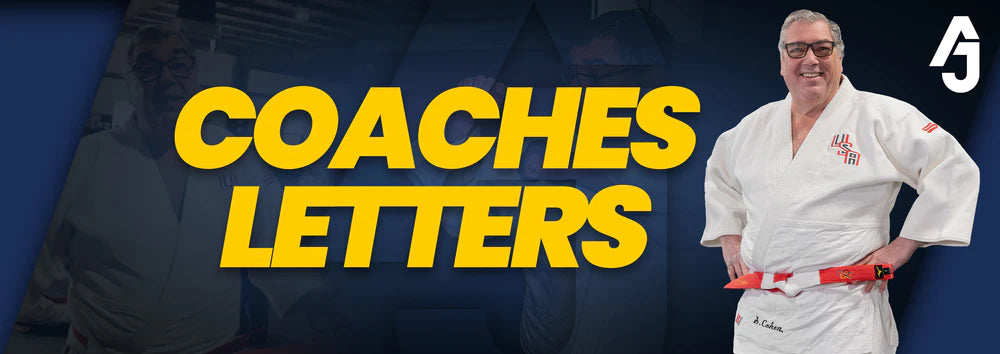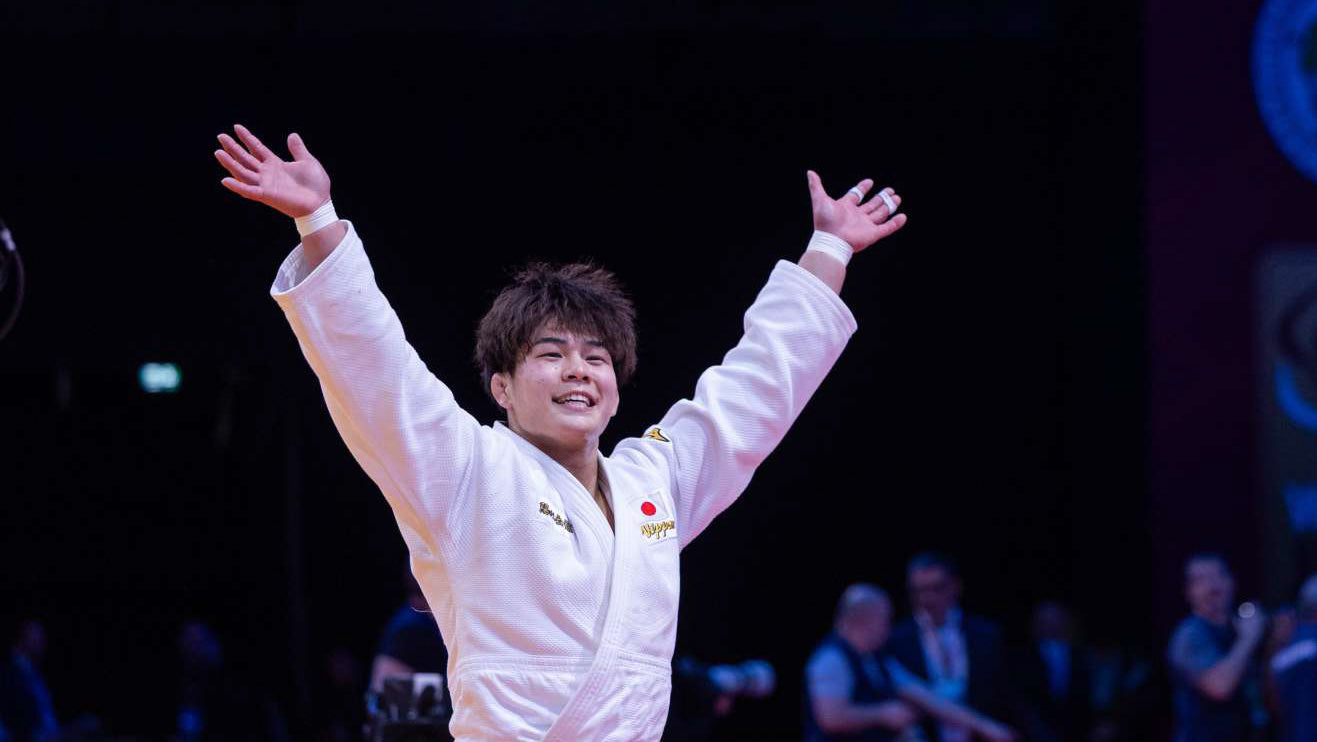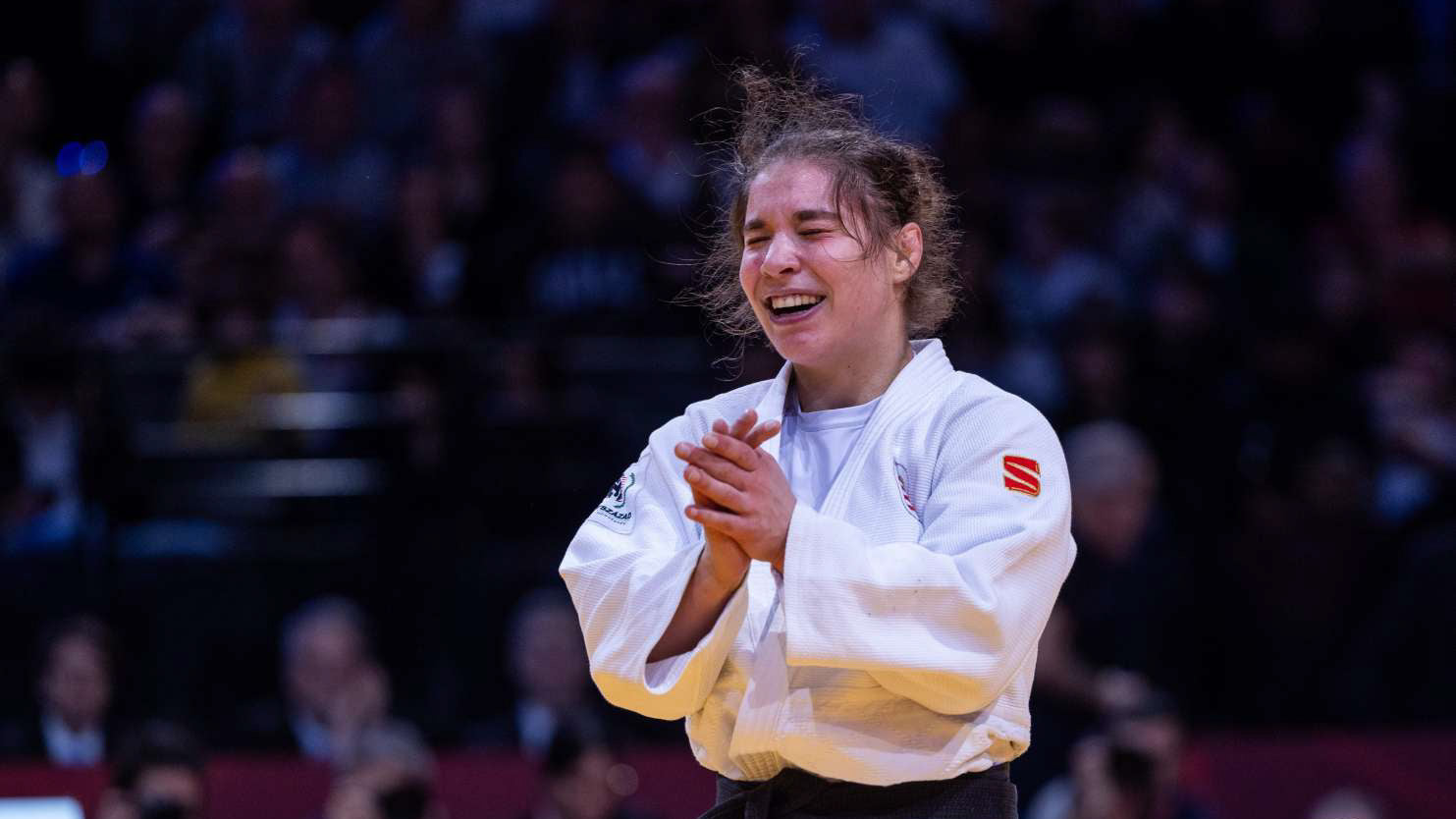HOLIDAY EDITION
In this post we will take a break from discussing judo development for our athletes and concentrate on the overall dojo development.
MORE THAN JUST A JUDO CLUB
Judo dojos vary in size. Some dojos have a large building with a large mat area that can accommodate a lot of students, and some are in a small room in a function room, park district or community center. Some clubs are for profit, and some are run with instructors donating their time. Regardless of what “type” of dojo you are with or what “type” of coach you are, I know for certain we all share the same passion for judo, love for our students and belief that Judo will have a positive impact on a students life.
MAKE YOUR JUDO CLUB A FAMILY CLUB
It is difficult to maintain good attendance throughout the year in a judo club that has classes three to four times a week. Kids have homework, school sports and other activities. Adults have work, families and other obligations. Unlike other activities, Judo is a year round endeavor and people nowadays all have a screen to look at and keep them occupied all the time - it’s easy for people and parents to fall off track. In order to maintain the general interest of the students and the parents your judo club has to also be a social club. Think of it like this, the parents should be just as eager to see the other parents no different than the kids being excited about seeing their teammates in class.
FAMILY CLUB EVENTS
When I ran my club with my brother we hosted five “family events” a year (that is not including tournaments or promotions). These events involved the kids as well as the adults and gave them all a chance to see each other in a different light. Here are some examples of these events:
1. PARTY/TALENT SHOW
I loved this event because it really showed the kids in a different light. It was always such a surprise to see kids that you see in a gi three times a week fighting with each other, sometimes crying, and sometimes not getting along go and stand up to play the violin, sing a song, dance, or play the piano. I have run this event many different ways, I had it in a banquet hall, a restaurant and once I picked up the mats to use the dojo.
2. AWARDS BANQUET
Once a year, we would have an awards banquet in a banquet hall, and everyone was required to dress up. All the kids that come to practice in jeans and are pretty sweaty after practice looked wonderful in their jacket and tie or dress. We gave awards for attendance, best female and male athlete, sportsmanship, and the award that everyone wanted that meant the most, “The Hardest Worker”. This is a great opportunity to address your dojo as a whole, share your goals/vision for the school and highlight any exceptional performances.
3. SUMMER PICNIC
A picnic is always fun but what we did was have every family bring a dish that represented their ethnicity. As we know, our dojo is a melting pot of different cultures and because of that we had such a large group of families that represented so many different cultures the food was always the favorite part of the picnic. We had fun and games for all of the kids, and we had the “Annual Black Belt vs Parents’ Softball Game”.
4. WATER PARK
One Summer day we would rent out the water park for a few hours or get a group rate of tickets. This is an easy way that doesn’t necessarily require a whole lot of effort on your part but can have an impact for creating some powerful memories for the students.
5. SLEDDING
For us in the midwest, in the winter days we would take all of the kids to a large hill and just let them go sledding. The kids have the time of their life, and it doesn’t cost anything. The kids love it especially when the older students or even Senseis take part!
JUDO IS DIFFERENT
Judo in the United States is different then other sports. Your typical sport as a kid involves many different coaches and has a clear “passing of the torch” mentality. For example, when a kid plays Little League baseball they have a coach who is from the town, most likely a parent, who will coach the same team for a few years. Then once the child reaches middle school, they have their Middle School Coach for the next two to three years, after that High School and then College. This doesn’t include any other teams they may be a part of as well but it is common for a child to experience over 10 different coaches in the same sport in a 10+ year span! In judo you have students that are with you anywhere from five years to over twenty years. I have followed my students through their life from their religious confirmation as a teenager, to their wedding and then to the naming of the children and then bringing that child to the club to learn judo. This makes us different.
You can also consider running “community” events that involves donating you and your students time to help others. I have run events for special needs students, kid workshops, community clean ups, fundraising and more. All the events we ran wouldn’t be possible without the help of the parents in the club. The backbone of any strong judo club are the parents. The parents are the support system. They are the ones who help run the tournaments, drive to events, donate money and support all of the club events.
My next coaches call will be on Sunday, December 17th at 12:00pm EST!
It is my hope as Head Coach at the American Judo System that we can bring coaches together from all levels, dojos and the country and give you access to the knowledge we have. Our team is full of coaches who are eager to grow the sport from the Basic Level to the Elite Level. We are also unique in the fact that Jimmy Pedro and I, have experience in coaching all the areas aforementioned (Day One to Olympic Podium). We are excited to share our experience and systems with you. I also hope that you will share your knowledge and experience with us because if we are going to grow Judo we must work together!
Thank you for your time and I look forward to working with you!
Happy Holidays!
Steve Cohen
US Olympian & US Olympic Coach
Head Coach, American Judo System
P.S. Please email me at steve@americanjudo.com with any questions, comments, or topics you may want me to cover.
About Steve Cohen
Steve Cohen has been doing judo for over 60 years. Starting judo at the age of 5, Steve had a long successful competitive career ending in 1988 at the Seoul, Korea Olympics. Steve along with his brother, Irwin ran a successful judo program in Illinois producing the first Olympic Silver Medalist and first Junior World Champion for the United States. They also had many athletes on Pan American Games Teams, World Teams, and Olympic Teams. Throughout the years they ran local, regional, and national tournaments. Every Summer, they held a camp where the best youth and junior judo athletes in the country would come to learn and develop, and the best senior judo athletes would attend, teach, and train. Many of those young athletes that attended went on to great success as competitors. Steve became the National Coach for the United States in the 1990’s becoming the Head Junior National Coach for 4 years and following that became the Head Senior National Coach which included being named the Head Coach for the 2000 US Olympic Team. Steve is still active in coaching and developing athletes out of Illinois and works with athletes all over the country.



